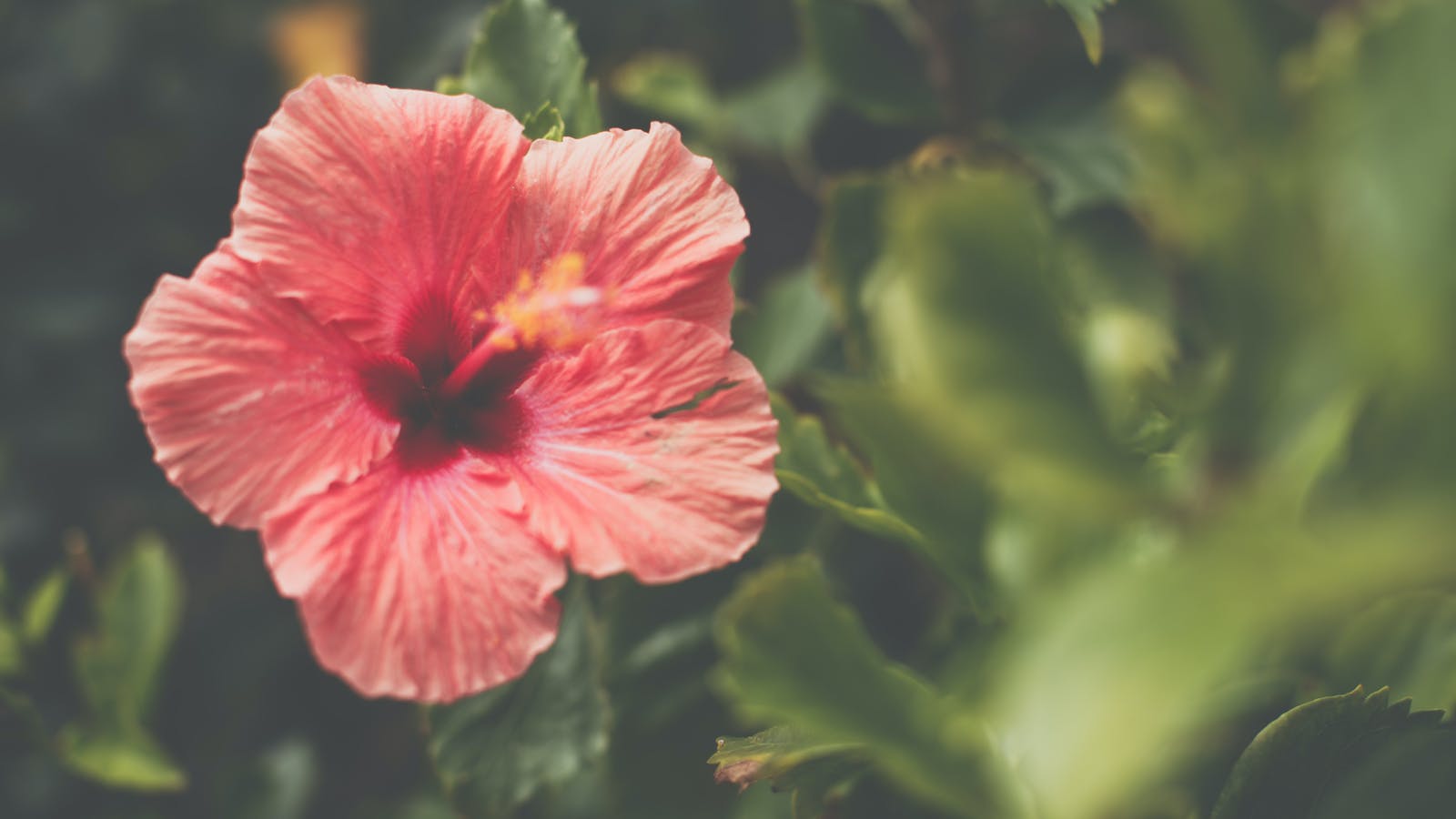Known for its many properties, hibiscus tea has been used for thousands of years in Ayurvedic medicine, traditional Indian medicine.
It does not contain caffeine and its sweet and tangy flavors make it the ideal substitute for a juice or sweet drink that still tastes great. It can be served as a delicious infusion or cold as iced tea.
What is hibiscus?
Nicknamed “Roselle” or “Guinea Sorrel”, hibiscus is a herbaceous plant from West Africa often used in traditional medicine because it is a source of polyphenols with antioxidant and toning properties. A recent study also demonstrated the role of hibiscus and polyphenols in fatty acid metabolism to counteract the effects of oxidative stress. At a consumption of 1.5 g of flower infusion per day, hibiscus also helps to revitalize the body, regain energy and avoid fatigue. Through its diuretic properties, hibiscus promotes renal elimination of water. As an infusion, it would prevent the formation of kidney stones. Thanks to its antibacterial and antifungal properties, it is a useful drink to avoid urinary infections.
What are the benefits of hibiscus?
It lowers blood pressure
Hibiscus tea has been shown to act as a natural diuretic, increasing both urination and bowel movements. When water leaves the body, it draws sodium with it, which is one of the mechanisms by which blood pressure is reduced.
It supports the immune system
- It is involved in the production of white blood cells: hibiscus is extremely rich in vitamin C essential for the production of white blood cells. White blood cells have a crucial function in the body as they are responsible for fighting pathogens and infections.
- It slows the growth of cancer cells: it is rich in anthocyanins, powerful antioxidants which seem to promote apoptosis, the death of certain malignant cells.
- It has antifungal properties : it inhibits the formation of Candida albicans. Candida albicans is a type of yeast normally found in small numbers on the skin, or in the mouth, gut, or vaginal flora in approximately 15-60% of the population. The overgrowth of Candida albicans can, however, become problematic in general and is linked to numerous digestive and skin pathologies in particular.
It promotes weight loss
Additionally, drinking hibiscus tea at least once a day (several cups per day) may also help combat insulin resistance, a common marker of prediabetes and various other conditions.
It slows down tissue aging
Hibiscus tea is loaded with antioxidants (vitamin C, anthocyanins and quercetin glucoside) which make it extremely useful in combating oxidative stress in the body. Oxidative stress occurs when free radicals invade the body and the body does not have enough antioxidants to fight them. Free radical damage can contribute to many health problems ranging from aging skin and joints to more serious degenerative conditions.
Sources :

